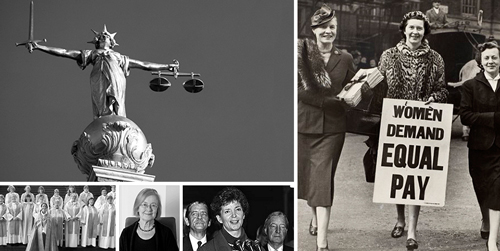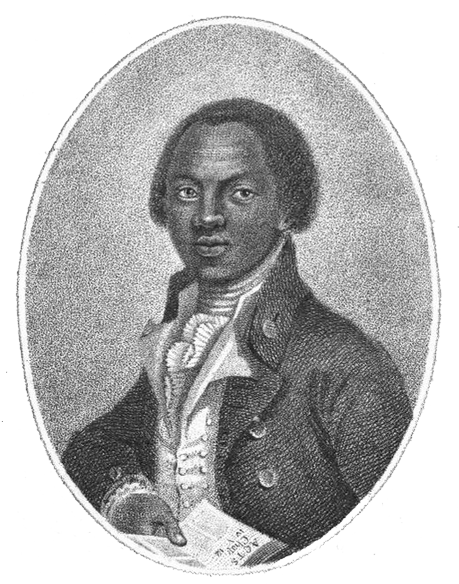
The judgment in The Slave, Grace by mustering and galvanising women in the anti-slavery movement it gave them experience in organising around political issues, dealing with male opposition, and identifying the ways that privilege and oppression worked, which was to stand them in good stead when, the emancipation of slaves achieved, they turned their attention to the emancipation of women.
Rosemary Auchmuty
In 1822 Mrs Allan of Antigua came to England with her slave, Grace James, who, once she set foot on British soil, became a free woman. In 1823 Grace James returned voluntarily with her mistress to Antigua and lived as a free woman. After a ‘trifling’ incident in which she offended Mrs Allan, she was publicly flogged ‘and told she was still a slave’. Her case attracted sympathy, and in 1825 she was seized by a customs officer ‘as forfeited to the King, on suggestion of having been illegally imported in 1823’ – it being illegal to detain a free person in slavery. Mr Allan claimed for her return, contending that Grace James was his property.
The judge of the Vice-Admiralty Court of Antigua agreed, and ordered that she should be returned to the claimant. Grace James petitioned for her freedom, and the Crown appealed to the High Court of Admiralty in London to answer the point of principle of whether a slave, once freed in England, would revert to slavery on return to the colonies or would remain free.
The presiding judge, Lord Stowell, ruled that England had no power to alter the laws of other jurisdictions, and thus that Grace James had indeed reverted to slavery on her return to Antigua. When the case returned to court for remedy, however, his successor judge (Sir Christopher Robinson, who as King’s Advocate had argued her case in the hearing before Lord Stowell), refused to grant restitution, but merely awarded damages to Mrs Allan.
Thus Grace James achieved her freedom, in fact if not in law. Five years later, slavery was abolished by Act of Parliament throughout the colonies.
The full version of this landmark was written by Rosemary Auchmuty.
Learn More:
Black Presence, ‘Rights: Abolition of the Slave Trade’ (The National Archives) http://www.nationalarchives.gov.uk/pathways/blackhistory/rights/abolition.htm
Black Presence, ‘Rights: Emancipation’ (The National Archives) http://www.nationalarchives.gov.uk/pathways/blackhistory/rights/emancipation.htm
Black Presence, ‘Rights: Slave or Free?’ (The National Archives) http://www.nationalarchives.gov.uk/pathways/blackhistory/rights/slave_free.htm
British Library, ‘Abolitionist Campaigners’ http://www.bl.uk/learning/histcitizen/campaignforabolition/abolitionbackground/biogs/greatcampaigners.html
The Independent, ‘Slavery: How Women’s Key Role in Abolition Has Yet to Receive the Attention it Deserves’ (http://www.independent.co.uk/news/uk/home-news/slavery-how-womens-key-role-in-abolition-has-yet-to-receive-the-attention-it-deserves-10467431.html)
Karina Weller, ‘245 Years Ago Today An English Judge Changed History’ (Human Rights News, Views and Info, 22 June 2016) https://rightsinfo.org/slavery-somerset-v-stewart-oldest-50-cases/
